Best Migraine Treatment in Gurugram

Migraines are more than just headaches—they are intense, recurring episodes of throbbing head pain, often accompanied by nausea, sensitivity to light and sound, and visual disturbances. At Painflame, we offer specialized migraine treatment in Gurugram, using non-surgical, drug-free therapies to relieve pain and prevent future attacks.
Migraine attacks can be triggered by stress, hormonal changes, sleep disturbances, dietary factors, and neurological imbalances. If left untreated, they can become more frequent and severe, affecting daily life, work, and overall well-being. Seeking timely care can help manage symptoms effectively and reduce the intensity and frequency of migraines.
Our treatment approach includes chiropractic adjustments, physiotherapy, manual therapy, and lifestyle modifications to target the root causes rather than just providing temporary relief. By improving nervous system function, circulation, and muscle balance, we help patients experience long-term migraine relief.
If you’re struggling with frequent migraines, our specialists can create a personalized treatment plan to help you regain control and live pain-free.
Common Causes of Migraines
Hormonal Changes
Fluctuating estrogen and progesterone levels can trigger migraines, especially in women during menstruation, pregnancy, or menopause. Hormonal migraines can be more intense and frequent.
Stress and Anxiety
Emotional stress releases hormones like cortisol, leading to muscle tension and nerve sensitivity, which can cause or worsen migraines. Chronic stress is a major trigger for frequent attacks.
Sleep Disturbances
Both lack of sleep and oversleeping can disrupt brain function, leading to migraines. Irregular sleep schedules, insomnia, and sleep apnea are common contributors to migraine pain.
Dietary Triggers
Certain foods, including processed meats, caffeine, alcohol, artificial sweeteners, and dairy, can trigger migraines in sensitive individuals. Skipping meals can also cause sudden migraine attacks.
When to Seek Medical Attention for Back Pain?
Mild back pain often improves with rest, but persistent or severe pain may indicate a serious condition. See a specialist if you experience.
Common Symptoms of Migraine
- Back pain lasting more than two weeks without relief
- Sharp, shooting pain that radiates to the legs or feet
- Numbness, tingling, or muscle weakness in the lower body
- Morning stiffness and difficulty bending or moving
- Pain that worsens with activity or prolonged sitting
Serious Symptoms Requiring Urgent Care
- Loss of bladder or bowel control, indicating nerve compression
- Severe, constant pain that doesn’t improve with rest
- Fever, chills, or unexplained weight loss alongside back pain


Effective Migraine Treatment at Painflame
At Painflame, our specialists use drug-free, evidence-based therapies to relieve migraine pain and target its root causes. Our approach focuses on reducing nerve irritation, improving circulation, and preventing muscle tension.
Our Migraine Treatment Methods
- Chiropractic Adjustments – Correct spinal misalignment to reduce nerve sensitivity and improve brain-body communication.
- Physiotherapy & Manual Therapy – Relieve muscle tension, improve blood flow, and reduce migraine frequency.
- Posture Correction & Ergonomic Advice – Prevent strain on the neck and shoulders, which can contribute to migraines.
- Stress & Lifestyle Management – Identify personal triggers, improve sleep quality, and adopt relaxation techniques.
- Dietary & Hydration Guidance – Avoid common migraine-triggering foods and maintain proper hydration for better migraine control.
Our experts create customized migraine treatment plans to ensure long-term relief and improved quality of life. Book a consultation today to start your journey toward migraine-free living!.
How to Prevent Migraines – Expert Tips for a Healthy Brain
Preventing migraines is possible by understanding triggers and making small lifestyle adjustments. Here are some expert-recommended tips to minimize migraine attacks.
Maintain a Regular Sleep Schedule
Stick to a consistent sleep routine to avoid migraine-triggering disruptions.
Manage Stress Effectively
Practice deep breathing, yoga, and meditation to lower migraine risks.
Stay Hydrated
Dehydration is a common migraine trigger. Drink plenty of water throughout the day.
Eat Balanced Meals
Avoid skipping meals and limit processed foods, caffeine, and alcohol, which can trigger attacks.

Frequently Asked Questions
What are the most common migraine triggers?
Migraines are often triggered by stress, hormonal changes, dehydration, lack of sleep, bright lights, strong smells, and certain foods like chocolate, caffeine, and alcohol.
How do I know if I have a migraine or just a headache?
Migraines cause throbbing pain, nausea, sensitivity to light/sound, and vision disturbances, whereas tension headaches usually cause mild, dull pain without other symptoms.
Can migraines be treated without medication?
Yes! Chiropractic care, physiotherapy, posture correction, and stress management help reduce migraine frequency and intensity without relying on painkillers.
How long do migraines usually last?
Migraine attacks can last anywhere from a few hours to 72 hours. Chronic migraines can last longer and require proper management to reduce severity and recurrence.
What is the best way to prevent migraines?
Maintaining a regular sleep schedule, staying hydrated, managing stress, avoiding dietary triggers, and improving posture are key to preventing migraine attacks naturally.

